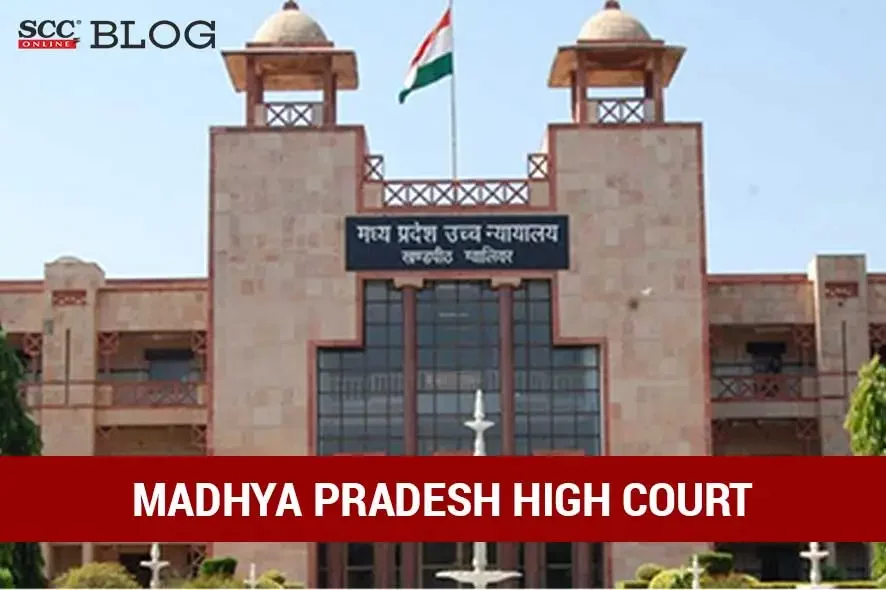Madhya Pradesh High Court: In a writ petition filed under Article 226 of the Constitution of India against an order issued by the State Bank of India directing the petitioner to either refund entire amount of excess payment of in her pension in one instalment or face recovery in monthly instalments, a single-judge bench comprising of G.S. Ahluwalia, J., upheld the bank’s right to recover the excess pension amount and imposing interest on the outstanding sum from the date of the interim order.
Brief Facts
In the instant matter, a retired teacher, also a widow, filed a writ petition under Article 226 of the Constitution of India challenging an order dated 09-03-2020 issued by the respondent 1, State Bank of India. The order informed the petitioner of an excess payment of Rs. 3,11,894/- made to her pension. The bank directed the petitioner to either refund the entire amount in one instalment or face recovery through easy monthly instalments of Rs. 12,394/-.
Parties’ Contentions
The petitioner contended that, as per the Supreme Court in State of Punjab v. Rafiq Masih, (2015) 4 SCC 334, the recovery of excess payment to a retired employee is impermissible, and the circumstances leading to the excess payment were not clarified in the impugned order.
The respondents contended that the excess payment resulted from the petitioner’s failure to disclose the commuted portion of her pension. They argued that the commuted instalment of Rs. 4946/- per month for 15 years, as claimed by the petitioner in 2014, was not deducted, leading to excess payment. The Reserve Bank of India circular dated 17.03.2016 was cited, which requires adjusting excess payments against the pensioner’s account. The respondents also asserted that the petitioner had given an undertaking to refund any excess payment. Respondent 3 argued that the petitioner, being a former employee of Kendriya Vidyalaya Sangthan, should approach the Central Administrative Tribunal for relief against them.
Legal Principles
-
Voluntary undertakings can be binding.
-
Excess payment recovery is permissible if the petitioner is aware of the error.
-
Interest may be imposed during the period of stay.
Court’s Assessment
The Court dismissed the petitioner’s contention based on the Rafiq Masih case (supra), stating that the petitioner had executed an undertaking and the excess payment related to pension, not service. The Court noted that the mistake in not deducting the commuted portion was made by the Disbursing Authority (State Bank of India) and not the employer.
The Court found the petitioner’s conduct to be a breach of trust, as the petitioner did not inform the bank about the excess payment and continued to receive the full pension willingly. Referring to the High Court of Punjab & Haryana v. Jagdev Singh, (2016) 14 SCC 267, the Court held that the petitioner, having given a voluntary undertaking, was liable to refund the excess amount. The court also cited the principle that interest can be imposed during the period of stay and directed the petitioner to pay interest at 6% per annum on the outstanding amount from the date of the interim order.
Court’s Decision
The Court dismissed the petition, stating that the State Bank of India did not commit any mistake in directing the refund of the excess pension. The Court specified that no interest would be charged on the further recovery of the outstanding amount.
[Anugrah Kiran Das v. SBI, W.P. No. 7407 of 2020, order dated 30-10-2023]
Advocates who appeared in this case :
Shri Brian D’silva, Senior Advocate with Shri Sarabvir Singh Oberai, Counsel for the Petitioner
Shri Prabhanshu Shukla, Counsel for the Respondent No. 1 and 2








